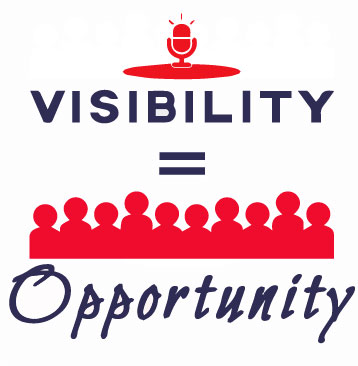One of the best things about Innovation Women is that we have this amazing community of speakers who are willing share speaker knowledge and insight. We also have access to literally thousands of event managers who use our platform to book speakers. Here are just a few of the best tips for speakers.
- Worried, scared or nervous about presenting? Forget presenting and have a conversation with your audience. Make it interactive. Ask who is in the audience. What do they want to talk about/learn?
- Fast Talker? Add more pauses than you think are natural. Give people a chance to consider what you said.
- Don’t stay frozen behind a podium. Get out and move around. If possible, request a wireless mic.
- Practice, practice, practice. And practice some more.
- It’s the little things. Get rid of your jingly jewelry – necklaces can snag your clip-on mic, and bracelets and rings clack against handhelds. Beware of what is in your pockets.
- If you have a high voice, it will only get higher when you get excited. You may sound shrill rather than passionate. Practice lowering your voice a tad. At the same time, make sure people can hear you in the back. If you aren’t amplified, don’t forget that if you turn away from the audience, your voice will no longer be directed in that direction. Speak up!
- Grassroots events often don’t have proper mics and amplification but if they do you need to know how to use a mic correctly – ask a pro. (Note: different mics react differently. Point a lectern mic directly at your mouth. Others might require getting close.)
- On a panel? Introduce yourself succinctly. Include your name, your company name and a Twitter handle for maximum retweetability. Tell us what you do.
- Avoid large panels – 5 members is the max and 3 or 4 is better.
- Don’t be a mic hog – share the stage graciously.
- Do a little preparation – know your fellow panelists and what they do.
- Arrive early for a prime seat. Sitting closest to the moderator puts you in the same line-of-sight and you tend to spend more time “on-camera”. You’ll likely go first more often than the other panelists, and perhaps set the tone. Conversely, going last allows you a little more time to chew over your answer.
- Find yourself getting left out of the conversation? Speak up! You don’t have to wait for a question when you are on a panel.
- Consider the likeability factor – an audience decides pretty quickly whether they like you. This contributes to how much and how well they “hear” you, and whether your statements get dismissed out of hand. Don’t act smug, cutesy, flirty, know-it-all. Tell a joke or a funny story.
- Smile!
- Remember your manners – please and thank you, and thank the audience for their time. Thank the moderator and the organizers. Basically, thank everyone involved

